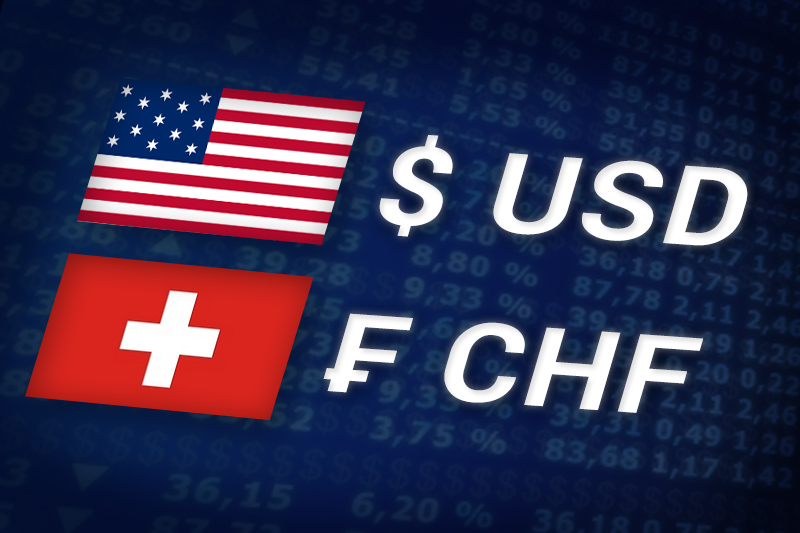Investing.com - The U.S. dollar was almost unchanged against the Swiss franc on Thursday, as trading volumes were thin ahead of the Christmas holiday weekend while concerns over the debt crisis in the euro zone continued to weigh.
USD/CHF hit 0.9308 during European morning trade, the daily low; the pair subsequently consolidated at 0.9351, shedding 0.05%.
The pair was likely to find support at 0.9242, Wednesday’s low and resistance at 0.9414, the high of December 16.
Many traders closed books to lock in profit before the end of the year, reducing liquidity in the market and increasing the volatility.
In Switzerland, Finance Minister Eveline Widmer-Schlumpf said a panel from the government and the central bank is examining options such as capital controls and negative interest rates to curb the Swiss franc’s strength.
Her comments came after Swiss members of parliament called Wednesday for the Swiss National Bank to weaken the franc further and shift its current EUR1.20 cap.
Meanwhile, concerns persisted over the potential effects of the European Central Bank’s unprecedented EUR489.19 billion three-year loan operation on Wednesday, intended to avoid a credit crunch in the euro zone.
Markets were also hoping the move would help increase bond purchases of indebted euro zone countries. But the heavy demand from 523 European lenders underlined concerns over the scale of the financial crisis in the euro zone.
Elsewhere, the Swissie was fractionally lower against the euro with EUR/CHF edging up 0.07%, to hit 1.2217.
Later in the day, the U.S. was to publish its weekly report on initial jobless claims, as well as revised data on third quarter GDP. The University of Michigan was also to release revised data on consumer sentiment and inflation expectations.
USD/CHF hit 0.9308 during European morning trade, the daily low; the pair subsequently consolidated at 0.9351, shedding 0.05%.
The pair was likely to find support at 0.9242, Wednesday’s low and resistance at 0.9414, the high of December 16.
Many traders closed books to lock in profit before the end of the year, reducing liquidity in the market and increasing the volatility.
In Switzerland, Finance Minister Eveline Widmer-Schlumpf said a panel from the government and the central bank is examining options such as capital controls and negative interest rates to curb the Swiss franc’s strength.
Her comments came after Swiss members of parliament called Wednesday for the Swiss National Bank to weaken the franc further and shift its current EUR1.20 cap.
Meanwhile, concerns persisted over the potential effects of the European Central Bank’s unprecedented EUR489.19 billion three-year loan operation on Wednesday, intended to avoid a credit crunch in the euro zone.
Markets were also hoping the move would help increase bond purchases of indebted euro zone countries. But the heavy demand from 523 European lenders underlined concerns over the scale of the financial crisis in the euro zone.
Elsewhere, the Swissie was fractionally lower against the euro with EUR/CHF edging up 0.07%, to hit 1.2217.
Later in the day, the U.S. was to publish its weekly report on initial jobless claims, as well as revised data on third quarter GDP. The University of Michigan was also to release revised data on consumer sentiment and inflation expectations.
